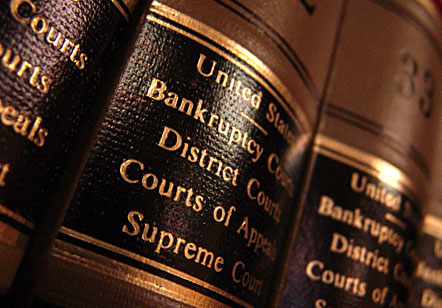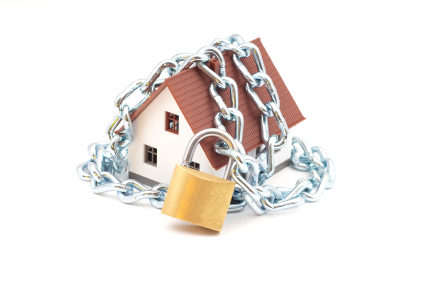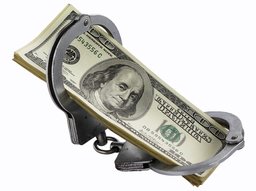 Many Florida residents are under the impression that once they have filed for bankruptcy and their debts have been “discharged” they are no longer liable for those debts. This is not always the case as there are certain debts that cannot be discharged in bankruptcy. This is especially important for people to know before they begin the process of filing for bankruptcy.
Many Florida residents are under the impression that once they have filed for bankruptcy and their debts have been “discharged” they are no longer liable for those debts. This is not always the case as there are certain debts that cannot be discharged in bankruptcy. This is especially important for people to know before they begin the process of filing for bankruptcy.
Each chapter of the bankruptcy code specifies which debts are dischargeable and which are not. Section 523(a) of the Bankruptcy Code lists the types of debts that generally cannot be discharged in bankruptcy. This means that even after the debtor has prevailed in bankruptcy court, if the debts have not been discharged, then the debtor is still responsible for paying those debts. According to the Code, these non-dischargeable debts are exempt from discharge for reasons of public policy.
If a debt falls into one of the exempted categories in Section 523(a), then it is usually automatically removed from the discharge and the debtor remains obligated to pay those debts. Most commonly, those are child support and alimony debts, some tax debts, debts that the debtor failed to disclose to the court during the application process, most federal student loan debt, personal injury claims against the debtor for DUI-related incidents and personal injury claims against the debtor for willful or malicious damage to a person or to property.











